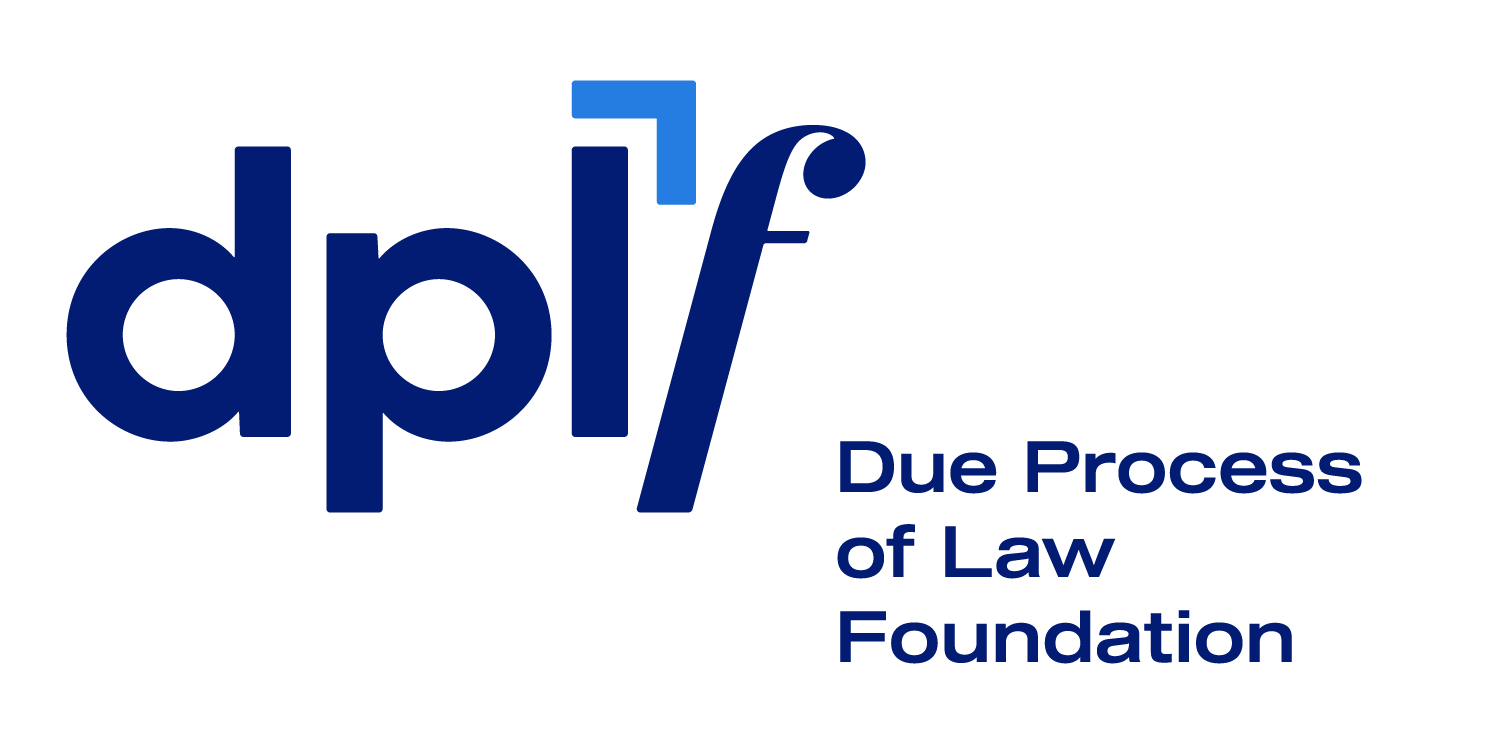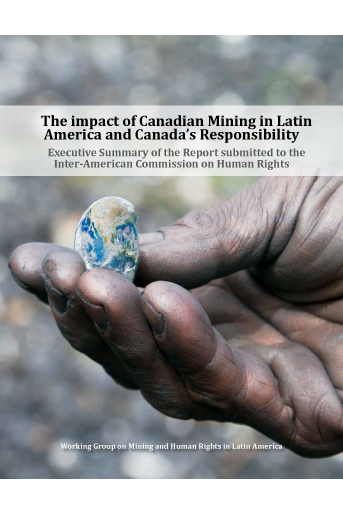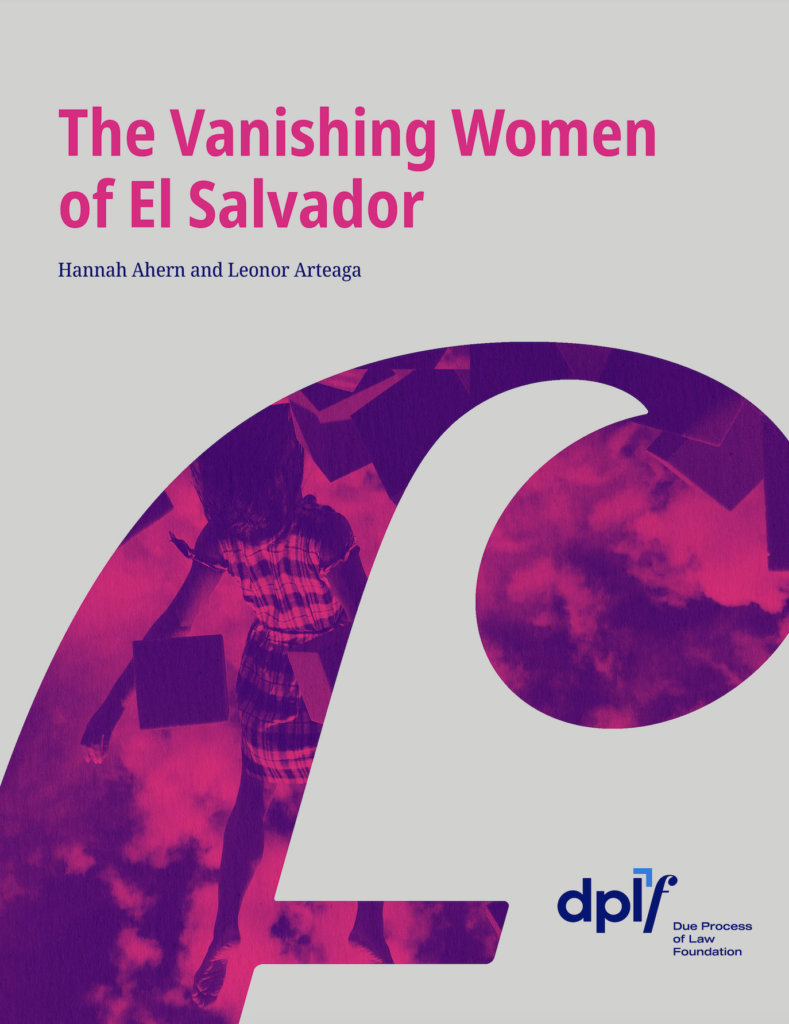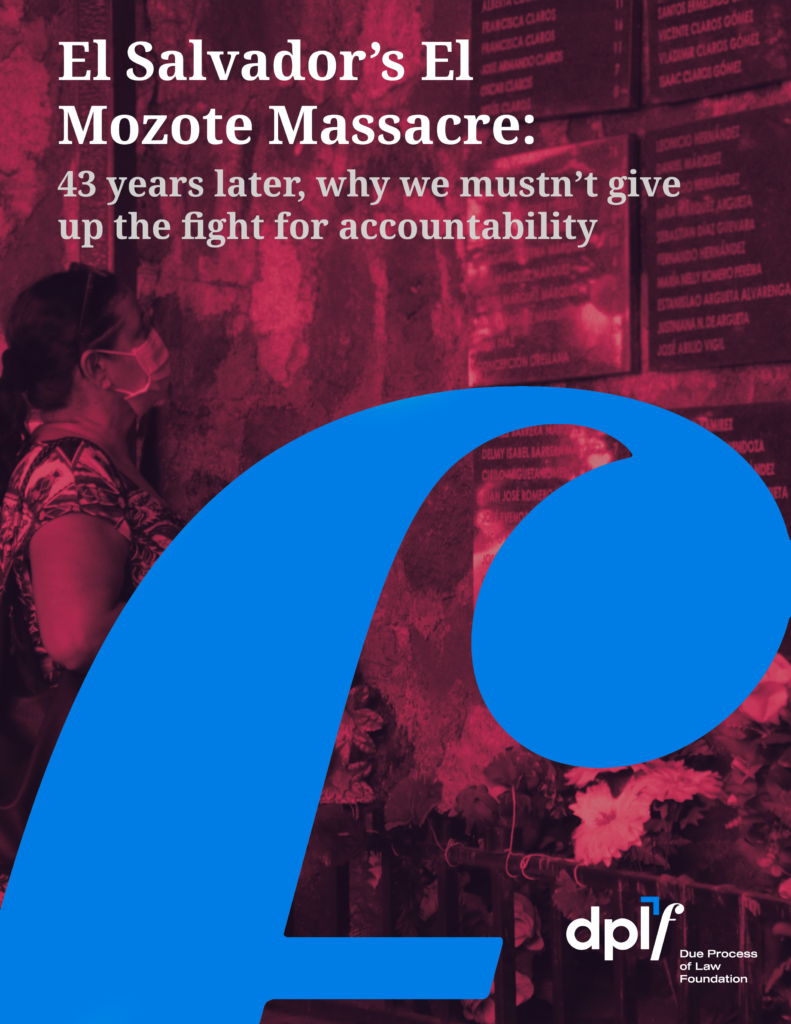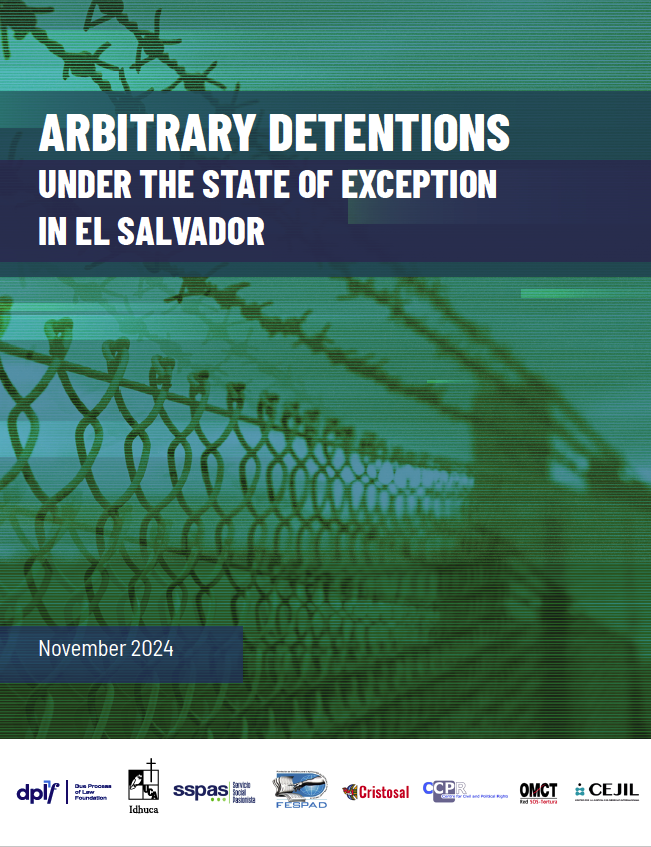This is the executive summary a report, titled The impact of Canadian Mining in Latin America and Canada’s Responsibility, submitted to the Inter-American Commission on Human Rights in 2014.
For some years now, there has been international awareness of the situation of communities whose human rights have been gravely violated by the expansion of largescale extractive and infrastructure projects in their territories. These projects —generally undertaken without the participation of the affected communities, without prior consultation, and even in the face of their opposition— have raised serious questions. While governments and companies promise jobs, development, and prosperity for the communities, they in fact find themselves in poverty, face serious environmental harm and experience human rights violations. This sharp contrast requires reflection and appropriate countermeasures.
In 2010, a group of seven non-governmental organizations decided to create the Working Group on Mining and Human Rights in Latin America (Grupo de Trabajo sobre Minería y Derechos Humanos en América Latina), which was to consider the effects of the actions of transnational corporations in the region and the resulting violations of the human rights of the communities in the areas where those corporations operate, and to propose common strategies. As part of its work, the group identified the majority presence of Canadian mining companies in the region, as well as the impact of their activities on the communities in whose territories they have extractive projects. Accordingly, the group decided to draft a report focusing on the impact of Canadian mining in Latin America and the role played by the government of Canada in the human rights violations committed.
By studying 22 mining projects developed by Canadian companies in nine countries of the region, the group was able to identify trends in terms of the impact of these activities and a pattern of human rights violations, as well as conditions in the host countries in which the mining investment occurred as well as Canadian policies that encourage human rights violations. This document presents the main findings and conclusions of the report.
